Budget slammed for making ‘life harder’
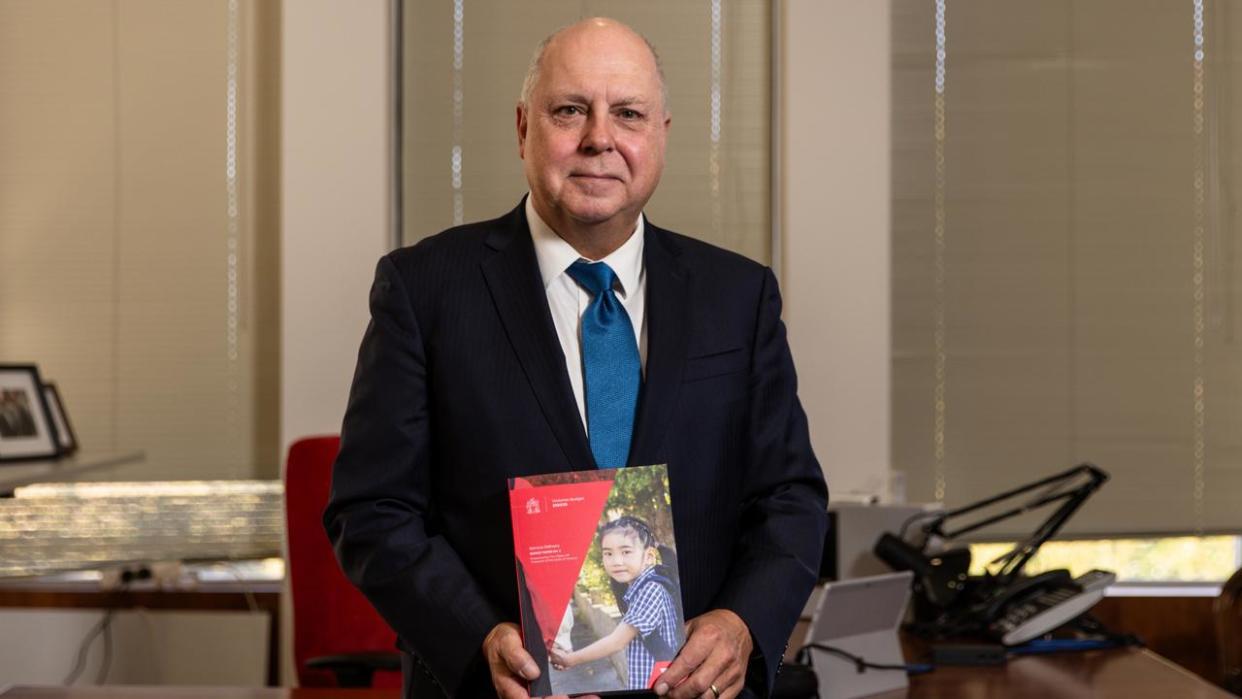
The Victorian government is “creating the conditions needed” for 800,000 new homes while scrapping a shared equity scheme for first home buyers.
The scheme received a $700m injection in Tuesday’s budget, following a $500m boost in September.
But Tuesday’s budget reveals the shared equity scheme – where a first homebuyer could put up a five per cent deposit and the government would contribute up to 25 per cent – is being dumped next year.
The state government instead wants the federal Help to Buy scheme, which is yet to pass, to fill the gap.
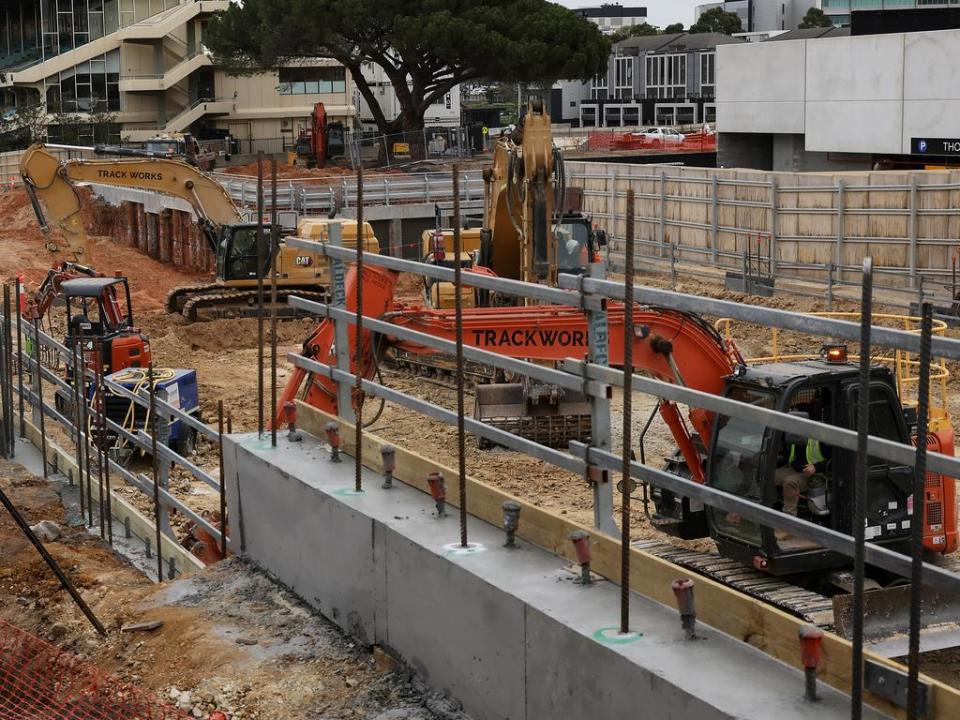
Tuesday’s budget papers say the government is “creating the conditions needed for 800,000 new homes to be built over the next decade”.
“We need new homes in the right places, and that’s why we’ll partner with the private sector, industry and investors to build more homes in our wonderful education and employment precincts that are well-serviced by public transport,” Development Minister Colin Brooks said.
The soon-to-be-no-more shared equity scheme applied to houses with price caps at $950,000 in Melbourne and $700,000 in regional Victoria.
The Greens say Labor’s decision to spend no new money on building homes, including public housing, and to “ignore renters” will mean more rent increases and more unaffordable homes for first-home buyers.
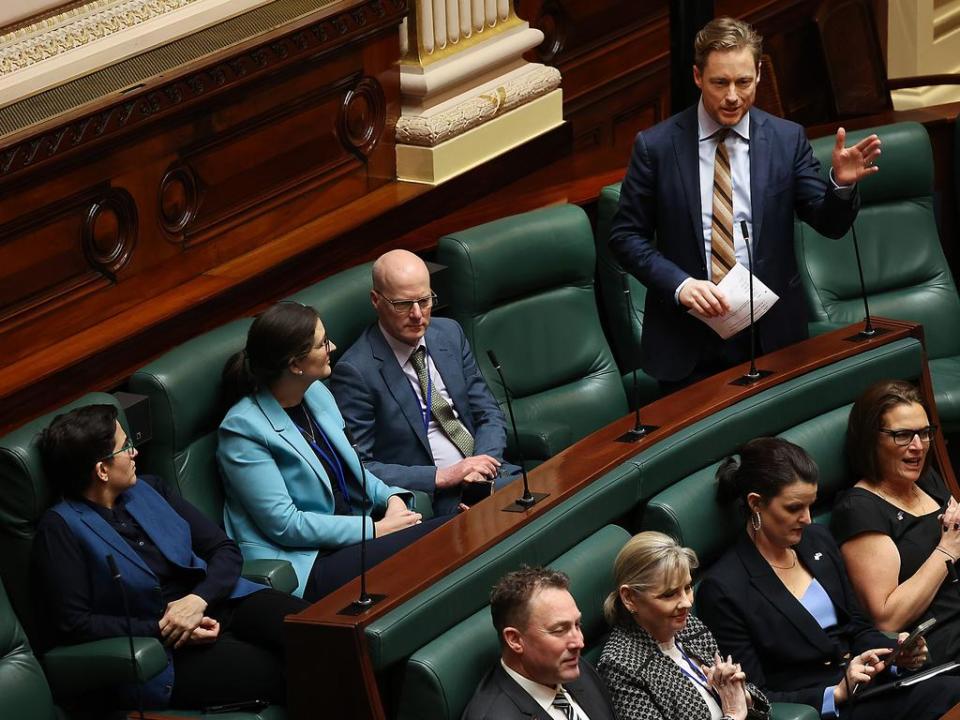
“This is a budget that has no new money for homes and nothing for renters. Labor’s budget will make life harder for everyday Victorians,” Victorian Greens treasury spokesman Sam Hibbins said.
The government, in the budget papers, points to its Housing Statement from late-2023 which brings a suite of measures such as clearing the backlog of building permit applications and streamlining the planning process for medium and high density residential developments.
Tuesday’s budget committed $107m to the government’s housing agenda, including strengthening the watchdog Victorian Building Authority.
Community Housing Industry Association Victoria says the government’s budget provides some small wins for housing, but more action is required to ease the state’s crisis.
“The solution to the housing crisis is unequivocal – Victoria needs much more social housing, homes that are designed to be affordable always,” association chief executive Sarah Toohey said.
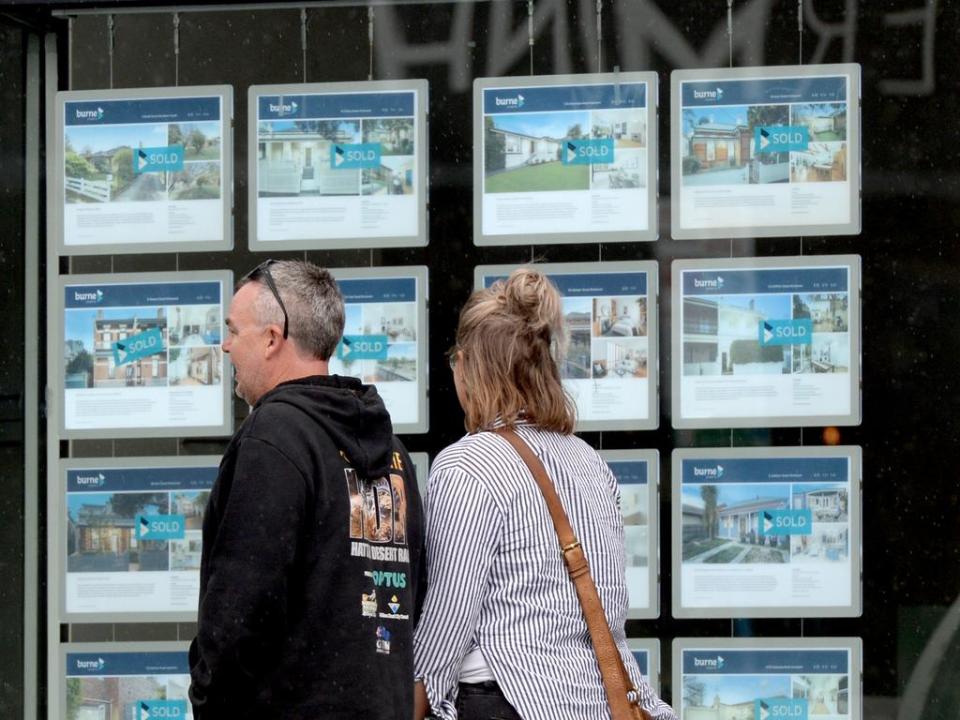
The budget strips billions of dollars from infrastructure projects to tackle the state’s huge debt.
In releasing his 10th budget Tuesday, Treasurer Tim Pallas drew comparisons with this budget and Western Europe rebuilding their economies after World War II.
The government is slashing its infrastructure spend from a peak this year of $24bn to $15.6bn over the course of the next four years.
“We are shrinking the size and shape of the government,’’ the Treasurer said, describing the measures as sensible but disciplined.
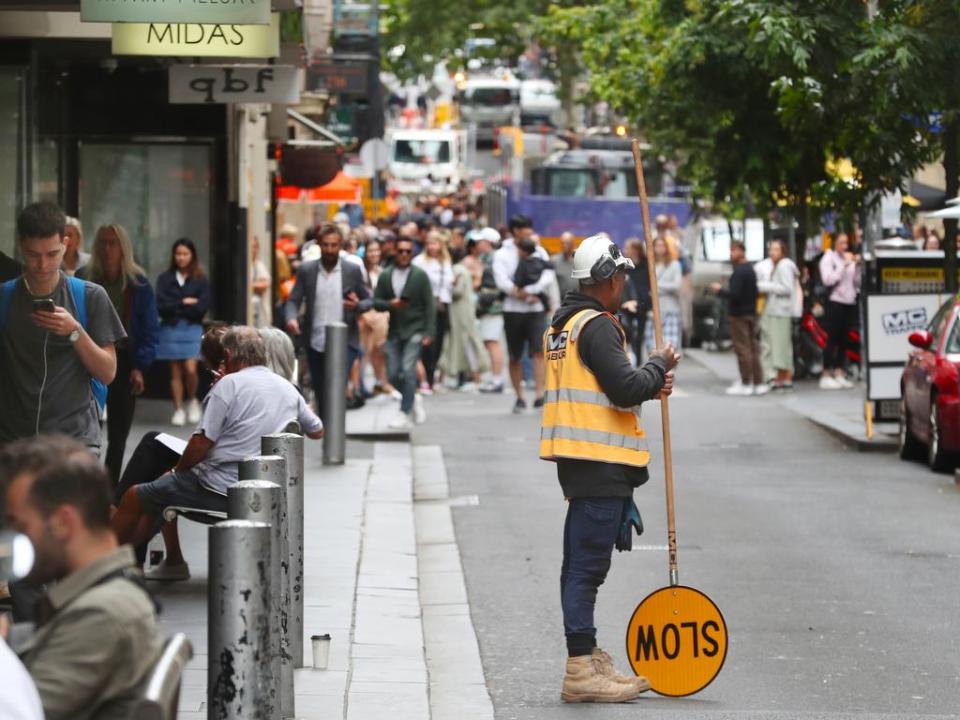
Cuts to government advertising, office space and guaranteed sick pay, plus savings on contractors at court are forecast to save more than $1bn over the course of the four year forward estimates.
Pandemic-era schemes are being scrubbed from the books, including the $245m sick pay for casual workers scheme.
The state’s $135.9bn debt loomed over many of the Treasurer’s comments to media on Tuesday.
Debt is forecast to reach $187.8bn in four years. By that stage the government will be paying more than $25,000 a day in interest.
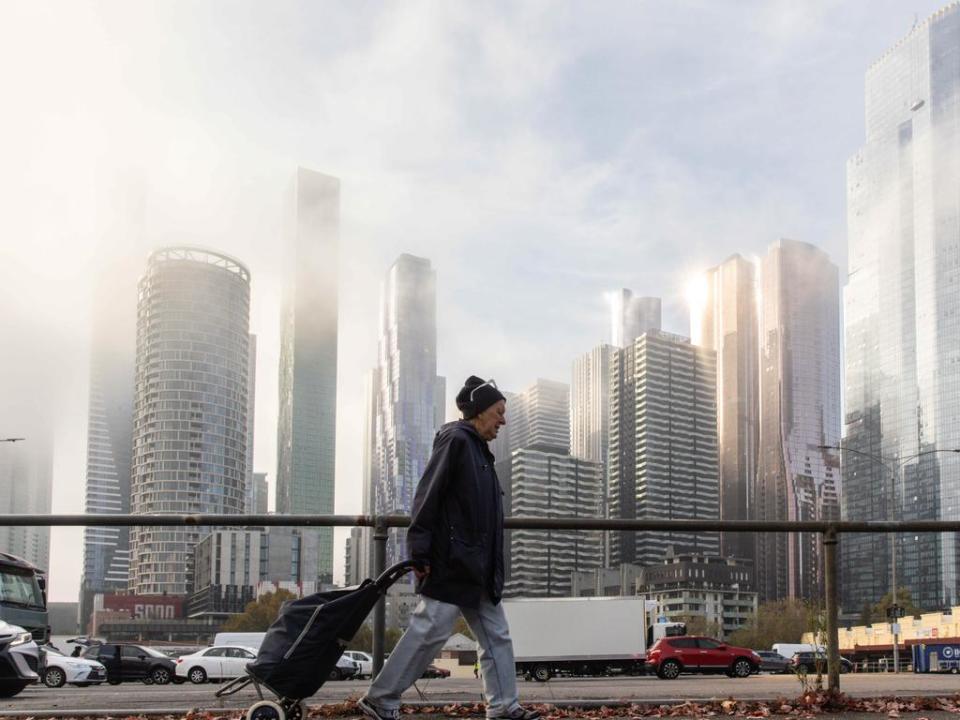
“We’re facing up to the economic challenges faced around the world with sensible, disciplined decisions – we won’t shy away from reality,” the Treasurer said.
The Victorian Chamber of Commerce and Industry deems Tuesday’s offering a “no frills” budget.
“It is pleasing that the government has committed to reigning in spending and has a plan to address our state’s ballooning debt and a path to achieve an operating surplus,” chamber chief executive Paul Guerra said.
“It is imperative that government is disciplined and focused on staying this course because the state’s substantial debt remains of concern,” Mr Guerra said.
“The next phase must be growth coupled with genuine economic reform. The state must unlock sources of income from our innovation sector and natural resources and up the ante on energy generation to transform our future.”
KPMG chief economist Brendan Rynne was more sceptical of the budget’s debt-servicing measures.
The government had not displayed enough will to cut spending to only essentials, Dr Rynne said.
But the government expects to climb up into an operating surplus in the 2025/26 financial year.
Tax revenue is set to increase five per cent year-on-year over the forward estimates, from $39bn this coming financial year.
The increased tax take is driven by a competitive labour market driving payroll tax collection and land values forcing land tax revenues skywards.
While the infrastructure spend has been cut, Mr Pallas reiterated the state could not “sit around waiting for rain”.
Instead the government had to invest in roads and transport links, bringing construction jobs and more desirable housing locations.
The Metro Tunnel gets a $233m injection to get the underpass open in 2025. The money will go to training drivers, timetabling and final testing.
One of the key cost of living measures included in Tuesday’s budget is a $400 bonus for an estimated 700,000 Victorian students.
The one-off payment will be administered by schools later this year, and can be spent on education related expenses such as sporting events, uniforms or school camps.


